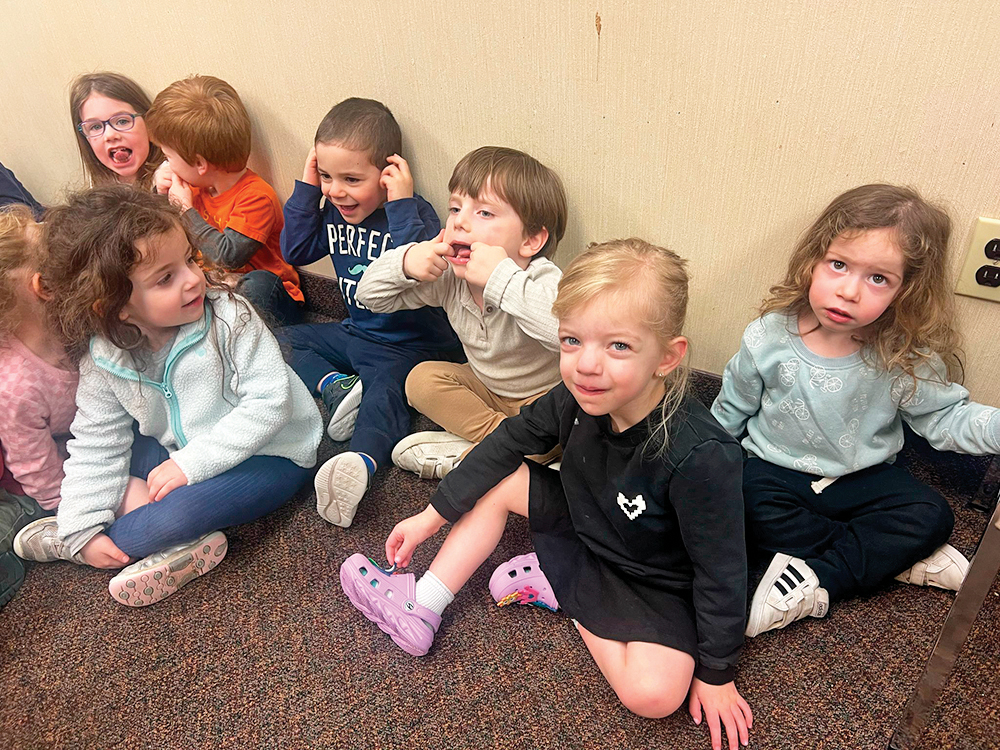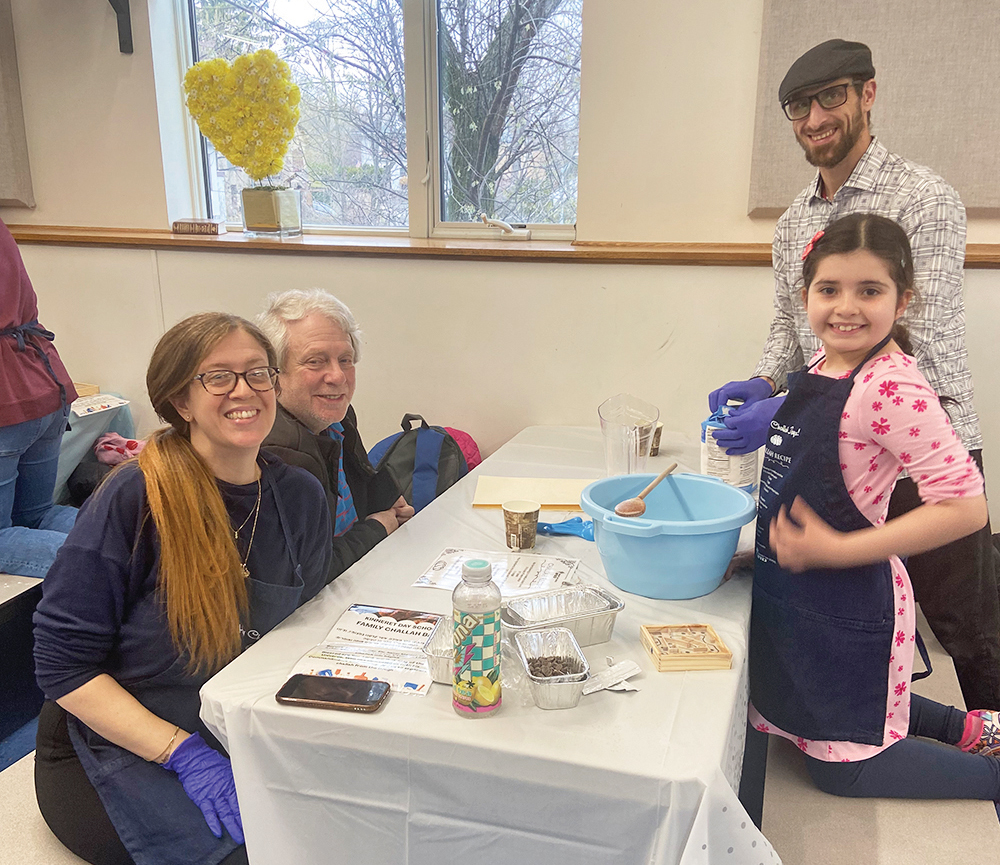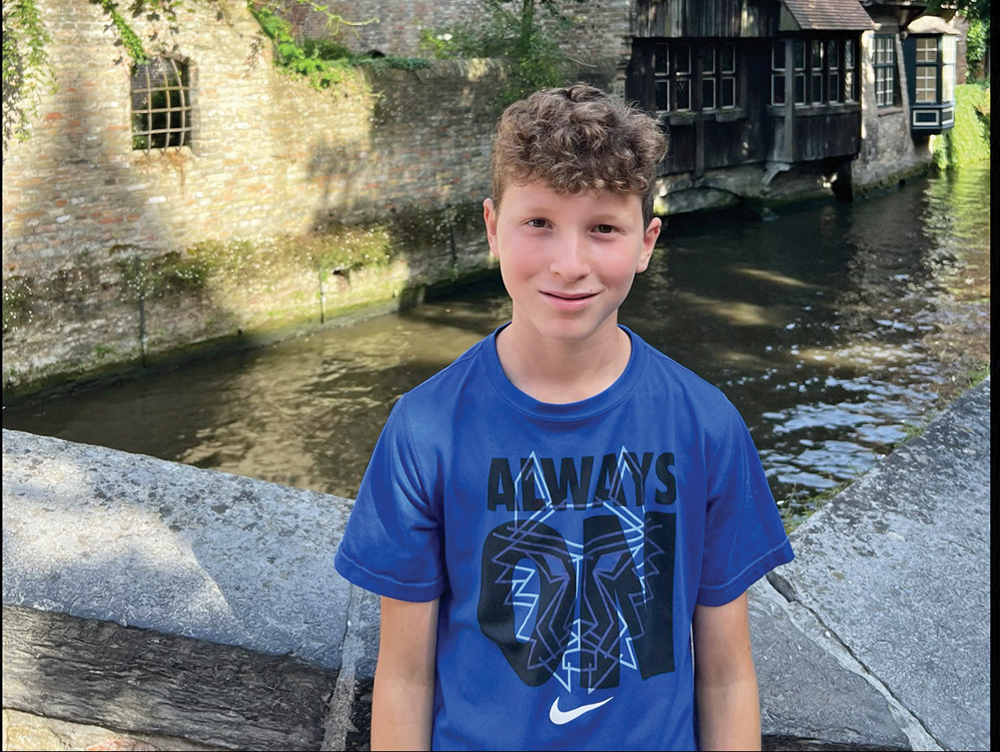This week is my granddaughter Etty’s second birthday. She’s named after my mother-in-law, Rebbetzin Ita Singer, a”h. I remember holding her as a newborn in the hospital. Today, she is walking and talking.
Also this week was an event in Passaic/Clifton to raise money for Bonei Olam, an organization for couples who have challenges with fertility to help them to have their own children. One of the biggest investments in our lives is our children. They are not short-term investments. We invest tremendous amounts of time, money and ourselves in our children.
In Parshas Balak, the Midianite women made themselves available to the Jewish men. It was something attractive and exciting at the moment, but the long-term result would yield them non-Jewish children. The goal—the dream—of raising a family of upstanding and God-fearing individuals would not exist.
In Pirkei Avos, Rebbi says that a person should contrast the short-term reward or pleasure one will receive from engaging in a particular sin with the long-term loss that will result. Similarly, when presented with an opportunity to perform a mitzvah, a person should contrast the long-term gain compared to the short-term cost/benefit of doing it or passing it by.
Eisav epitomized the pursuit of instant gratification. He sold his rights of the first born, including his inheritance and future position in the Beis HaMikdash, to Yaakov in exchange for a delicious hot dinner. This transaction epitomized, “Eat, drink and be merry today, for tomorrow you will die.”
Rebbi Yaakov teaches in Pirkei Avos that this world is a corridor to the next world; prepare yourself in the corridor to be ready to enter the palace. Living our daily lives in a positive manner is the means to reach the palace.
Rabbi Moshe Chaim Luzzatto stresses that the proper goal of a Jew is to achieve pleasure in the next world. The place to earn it…is in this world. The goal is to live our lives today, having in mind the reality of tomorrow. By making tomorrow more real, it positively impacts one’s daily life and activities.
In Parshas Pinchas, the Torah lists the families of the Jewish nation. An interesting fact is that the Torah adds the letter Hei as a prefix, and the letter Yud as a suffix, to each family name. For example, the family name “Chanoch” becomes “HaChanochi.” Why? Rashi explains that it’s because the nations of the world mocked Klal Yisrael, making false claims that some of the Jews were born from a forced relationship with the Egyptians. Therefore, Hashem added the letters Yud and Hei, which spell Hashem’s name, demonstrating that Hashem is adding His name to endorse each family as born legitimately and with sanctity.
There are different types of goals and investments. Some are short term and some are long term. Short-term goals and investments usually draw people in more easily, since the results are much quicker. Long-term goals and investments need more foresight and patience, and are, therefore, not as initially gratifying.
In a person’s younger years, it’s harder for him to plan long-term goals. A younger person needs more guidance to understand the importance of such decisions at that age. Those with more life experiences are more easily able to plan long-term goals, as the greater length of time is more relatable to them. However, we often analyze things in hindsight. People often say I should have purchased a stock years ago—I would have made millions. But at the time, they did not have the interest or foresight to make that long term investment.
How can we help ourselves make the best plans and set the best goals? The more we make closeness with Hashem part of our everyday lives, the easier it will be to make the proper decisions. Besides the long-term benefit of the next world, we will be giving ourselves the benefit of a more fulfilling life…today.
Rabbi Baruch Bodenheim is the associate rosh yeshiva of Passaic Torah Institute (PTI)/Yeshiva Ner Boruch. Rabbi Bodenheim can be reached at rbbodie@gmail.com. For more info about PTI and its Torah classes, visit www.pti.shulcloud.com













